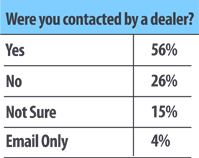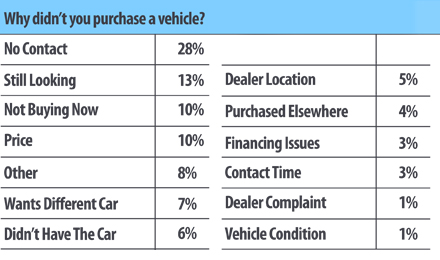 What happens to all your social content when you die? Do you ever think about your private information falling into the wrong hands?
What happens to all your social content when you die? Do you ever think about your private information falling into the wrong hands?
Perhaps this is why I never kept a journal online or offline, knowing someone might have the pleasure of finding dirt that is sacred to me. Today we have email, electronic calendars, and myriads of documents for work and play all filed away in Google Drive. Will anyone in the future have access to them, locked away behind our passwords?
Now I’m thinking what part of my after-life reputation I want protected from the public when I die. I don’t care about parting ways with my +1's. I’m thinking I should be able to leave someone the books, music and apps I purchased rather than fretting if my Gmail or drive folder is accessed by some fruit loop.
Lawyers, scholars and the government have been urging us to prepare to protect our post mortem reputation (our content). Write a social-media will, they plead, some sort of detailed plan for how your online life should be handled after you croak.
The will is a great idea except for one thing. What if you list all your social media information and passwords in the will and a month before you die you update a password and forget to revise your will? If the social media information in that account is not accessible by the appointed “trusted contacts” because of a wrong password, that information then becomes public information. If you’re like me, I have many passwords and will change them frequently, making it cumbersome to maintain a social media will.
Here’s a review from Google’s blog:

You’d think Google Death would make his wife's life easier by managing his digital accounts for her so she can focus on the other details of handling his death.
I’d be less concerned with my Facebook account living forever, and more concerned with the wrong person accessing my private email or Google drive information and plastering it all over the internet. Sure I’m dead and would care less about my reputation, however, my loved ones might not like what they find on the net from an adversary who only wants to damage my family’s reputation and cause harm.
Google has now rolled out a technological solution, a euphemistically titled "Inactive Account Manager" tool ("Control what happens to your account when you stop using Google," the company says, i.e. die). With this tool, you set the amount of time you want Google to wait before taking action (3, 6, 9 months, or a year). One month before that deadline, if Google hasn't heard from you, it will send you an alert by either email or text message. If that month closes out and you still have not re-entered your account, Google will notify your "trusted contacts" -- you can list up to 10 -- and share your data with them if you have so chosen. The email they would get would look something like this:
Alternatively, you can set up the manager to outright delete your account without sharing it at all. This includes all data associated with the account -- Blogger posts, uploaded YouTube videos, Picasa albums, Google Voice messages, etc. (Note to self – this is for only your Google world content, not Facebook or other social hubs).
I always say, “if you don’t have plan B, you don’t have a plan.” Google Death is a splendid plan B when it’s time to say Ta-Ta Toots. Now you can execute your plans without you once you're gone – in a graceful way, requiring few decisions on your part. So fill out that quick form and wait for the next service from Google.
I’ll really be impressed when Google finds a way to post from the grave.


